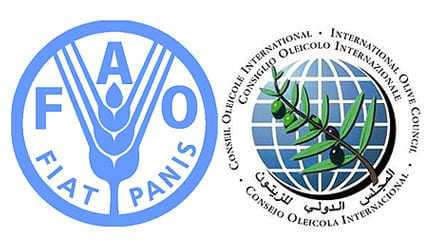
Data gathered by on-the-ground economists from the United Nations Food and Agriculture Organization (FAO) will be shared with the International Olive Council (IOC) in a move that should sharpen forecasts of future world olive oil production, according to IOC Executive Director Jean-Louis Barjol.
Barjol told Olive Oil Times that FAO was about to sign an agreement with the IOC which would facilitate information exchange between them. He said the move was of interest to the IOC because it would help confirm the accuracy of its data.
“FAO has the ability to send economists into countries, something we don’t have the ability to do. Thus we’ll have the possibility of comparing and supplementing the data we have with what they do in-situ.” This would be particularly helpful for projections of future production, Barjol said.
In turn, the IOC will share its data, particularly on olive oil production, trade and consumption in various countries. “FAO is interested in this because we have a series of homogeneous data going back many years,” Barjol said.
“The countries we’ve talked about starting with are Tunisia, Algeria and Morocco,” he said. These could be followed by other countries in the Mediterranean basin such as Jordan and Egypt.
Barjol said he understood the analysis of the sector made by FAO would be made available to international investment funds, such as the World Bank, the European Bank for Reconstruction and Development, and the Common Fund for Commodities.
Such organizations are interested in the information because they receive requests and loan money for olive oil development projects.







